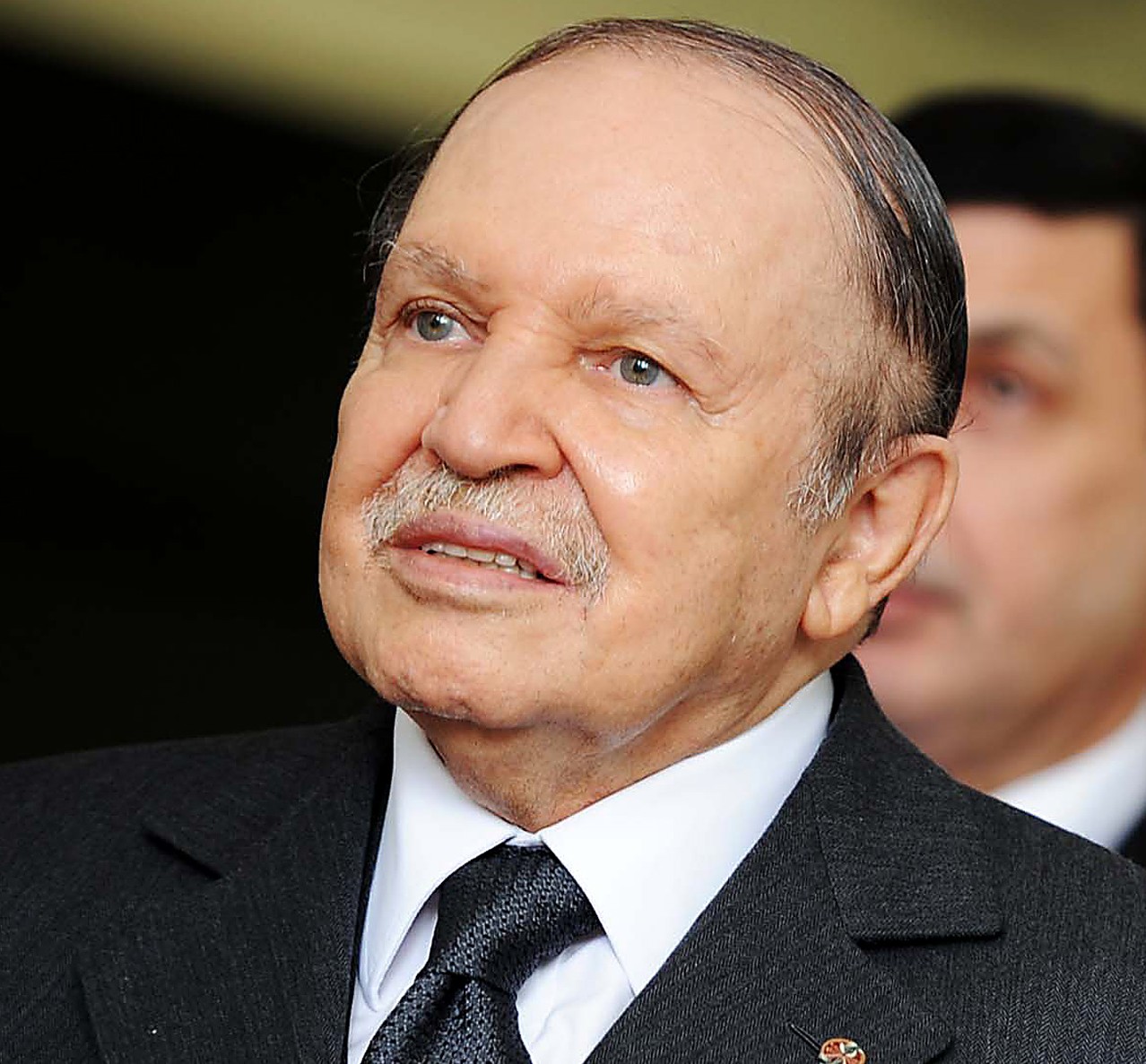CAIRO: Marriage costs in Egypt have reached an all-time high: The average cost is estimated to be the equivalent of 43 months’ worth of the groom and his father’s salary, showed a recent study.
The statistics were released by an online supplement of the Brookings Research Institute in Washington DC, and the study features an interview with Navtej Dhillon, Brookings fellow and director of the Middle East Youth Initiative.
“It used to be the case that a generation ago the majority of young people would have been married by their mid-20s. Today almost 50 percent of the men between the ages of 25 and 29 are not married, says Dhillon.
His report, titled “The Middle Eastern Marriage Crisis reveals the main reasons for this demographic change to be the growing economic pressures on young people, combined with the weight of tradition.
Madiha El Safty, professor of sociology at the American University in Cairo, is not surprised by these figures. “Marriage in Egypt is definitely very costly, she says, “especially because there is a very strong tradition which dictates that the groom must provide many things which are most often beyond his current means.
Such expenses include the shabka (engagement jewelry), the mahr or “bride price, the wedding party itself, and a partially furnished house (the bride providing a portion of the furniture).
This poses many problems, especially among the middle class, for whom the lavishness with which the groom provides the above is seen as an indication of social status.
“Families insist that the shabka be in gold or even precious stones, says El Safty.
The bride price – which can be a symbolic 25 piasters according to law – indicates to the bride’s parents how much their daughter is worth to her future husband. Large mahrs are, like the shabka, good boasting material.
It is also preferred that the newlyweds’ house be owned rather than rented. Since it is all a question of status, minimums are shunned, explains El Safty.
“Unlike in Europe, where this happens through inheritance, marriage in Egypt is the major opportunity for social and material advancement through a large transfer of wealth, says Hania Sholkamy, from the Social Research Center of AUC, “It is the only time in a woman’s life when she can demand all she wants, from her groom and his parents.
Similarly, adds Sholkamy, “It is more difficult for a man to ask for financial help from his parents to start a business than to ask them to fund his marriage, because marrying a son or daughter is widely acknowledged to be a parent’s duty.
The rise of a consumerist society seeking an increasing array of goods and services has only worked to compound the problem.
Ahmed, 60, remembers the good old days when brides did not ask for a refrigerator, vacuum cleaner or television. He also complains that, in his village in the Lower Egypt Delta region, young brides are now insisting on getting professional hair and makeup done at the local ‘coiffeur’ and wearing elaborate wedding dresses rather than the cheaper, traditional white galabeyya his wife wore as a bride.
Exacerbating the situation, according to Dhillon’s report, are the high level of youth unemployment in Egypt, and the rising cost of housing, along with general inflation that is not matched by an increase in the average wages.
Faced with such a conundrum, young people in Egypt are turning to alternatives which may provide some legitimacy to their relationships.
One such alternative, urfi (common law) marriages, started spreading in Egypt in the mid 1990s, especially among university students.
Urfi, the legal status of which is ambiguous, does not involve any of the expenses, or social obligations of a conventional marriage. It is meant to provide a veneer of legitimacy to sexual relations between young people who cannot afford a traditional marriage, but want to abide by Islamic principles.
Because it is feared that prolonged celibacy can lead to what is considered ‘deviant sexual behavior,’ mass weddings are financed by the government, non-governmental organizations and Islamic charities.
One such charity, Karam Al-Islam, operating since 2002, boasts having married 2,300 couples in 2007 alone. The couples were given appropriate clothing, a house, furniture and appliances, and are even assisted in finding employment to support themselves in the first stage of their matrimonial life.
Another such initiative is the competition held by the popular Channel 1 television program “El Beit Beitak during the upcoming month of Ramadan, awarding a flat a day to 30 engaged couples. The name of the competition is Do’o El Mazahir, a command to bang the drums customarily used in wedding processions.
It seems that Egyptian youth will always drum their way to matrimonial bliss, no matter the cost.


